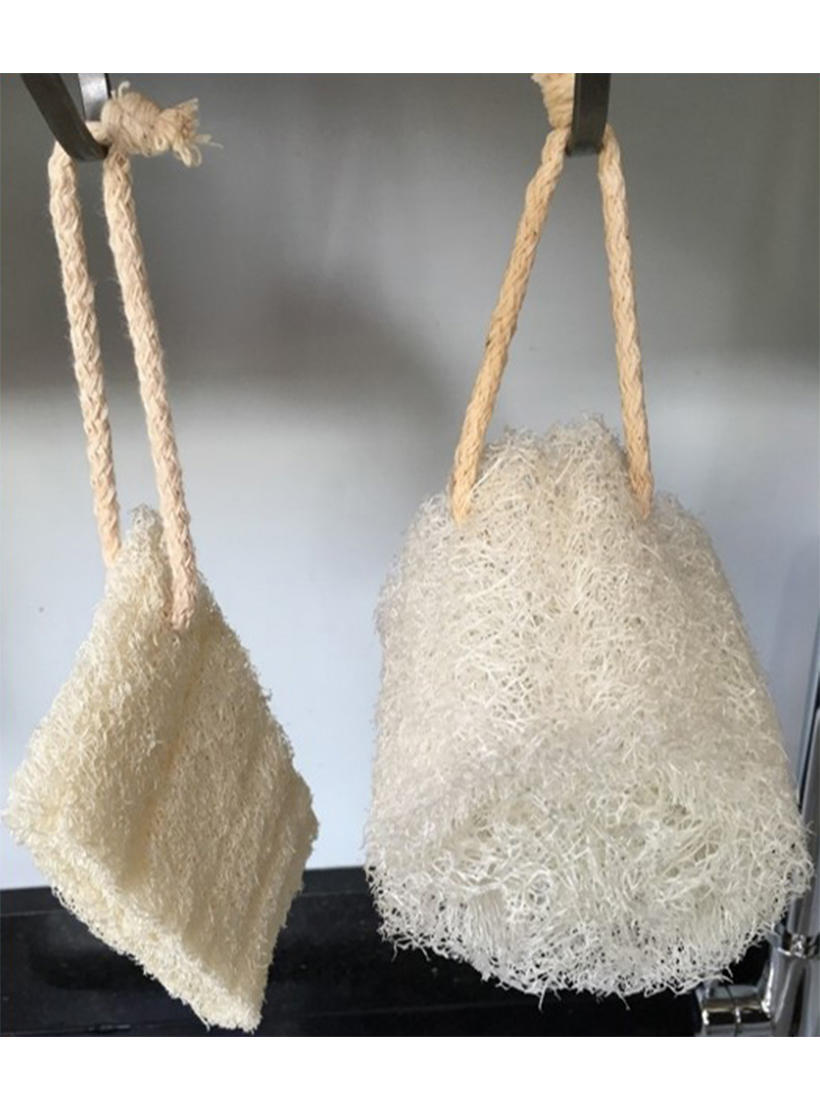
Yesterday I started talking you through my beauty product swaps and had such fabulous feedback that I will definitely be continuing to share these with you. However as previously posted here and here, it’s not only my beauty products I have started to replace but any items in my household that are causing harm to myself and the planet. This has included my washing up products. Because the dishes are a chore that has to be done, most people don’t even think twice about what’s in a bottle of washing-up liquid. Nevertheless, washing up products can still add to the total toxic load of your body through its use and through is presence in the environment.
As long as petroleum-based surfactants continue to appear in the most popular washing-up liquid brands, clean dishes will equal a dirty planet. Fortunately, many retailers are now offering a range of eco-friendly ethical alternatives, which substitute vegetable oil for petrochemical based derivatives. Some of these companies also use recycled materials in their packaging, and even offer facilities to refill old bottles once they are empty.
I have switched my regular brand to this magnificent vegan friendly, perfume-free liquid. I’ve found it cuts through grease and burnt-on stains effortlessly, and because it’s concentrated, a little really does go a long way. It’s 100% hypoallergenic too, making it suitable for those with sensitive skin and strong allergies. I started off buying the small bottle above but now buy this huge 5 litre bottle to keep my small one refilled.
I have also switched to a biodegradable & recyclable washing-up pad made from Loofah plant. When it arrived it was abrasive in its dry state, but when we immersed it in the warm water the pad swelled to become soft, spongy and flexible. It’s really good at cleaning off all stains and is soft enough for non-stick pans and fits into mugs and glasses easily. It’s vegan friendly and can be composted when you have finished using it. I have been using ours for 4 weeks now and it is still like new! To make sure it stays clean and fresh for a long time you need to take good care of your loofah! I always wash it after use, I squeeze out excess water, and I hang it up to dry completely. Every once in a while it says to sterilise with hot water, vinegar or with a tea tree oil solution. I have shoved it in the washing machine which has worked just fine.
Why would I swap my plastic sponge for a loofah I hear you ask? Sponge scourers are essential in a household, but sadly most of them are made of plastic. They are manufactured from mineral oil, and destined to become non-degradable waste quickly, as they cannot be composted or recycled. But this is only one part of the problem.
Have you noticed that as you use a plastic sponge it slowly gets smaller and smaller, and bits of it are going down the drain? These particles are called microplastics, and they are a contributing to huge problem which we are only just becoming more aware of. Most wastewater-treatment facilities cannot filter out the smallest particles, which get into natural waters, and eventually into our diet as well. Plastic pollution has immense effects on wildlife and animals living in the ocean. Currently there’s about 5.25 trillion pieces of plastic in the ocean, and 95% of this is smaller than a grain of rice. Please, please lets save this planet of ours by all taking these little steps.
Shelley x
P.s; Click on the pink writing to take you straight to the product.
